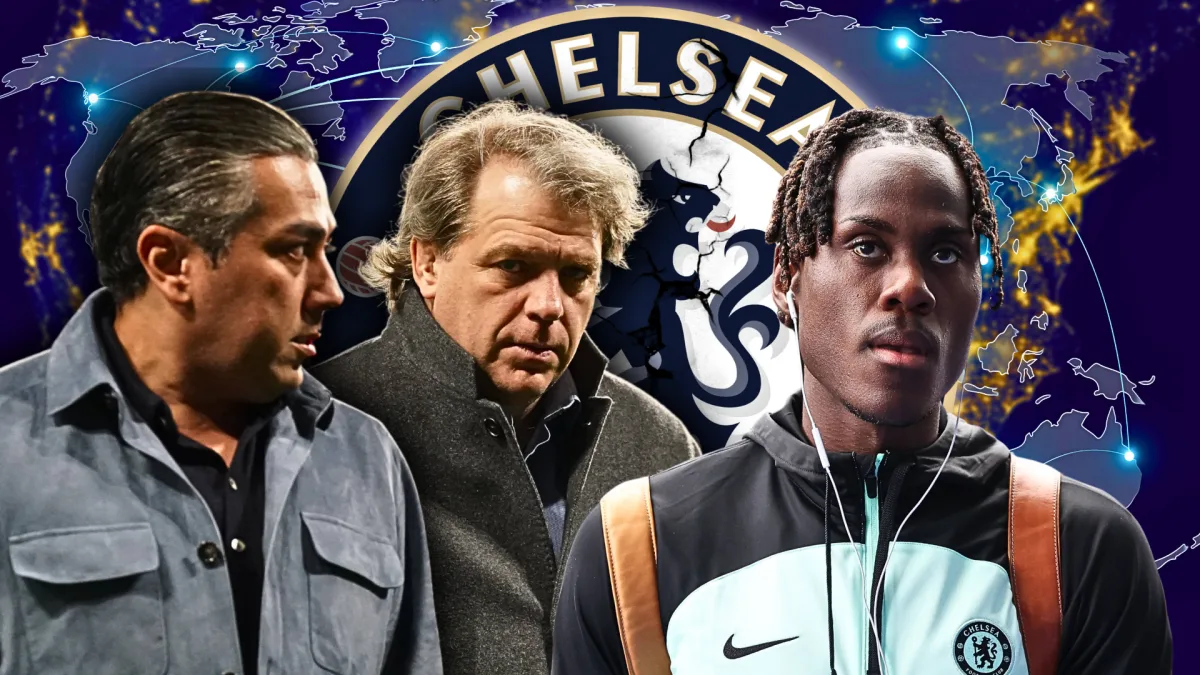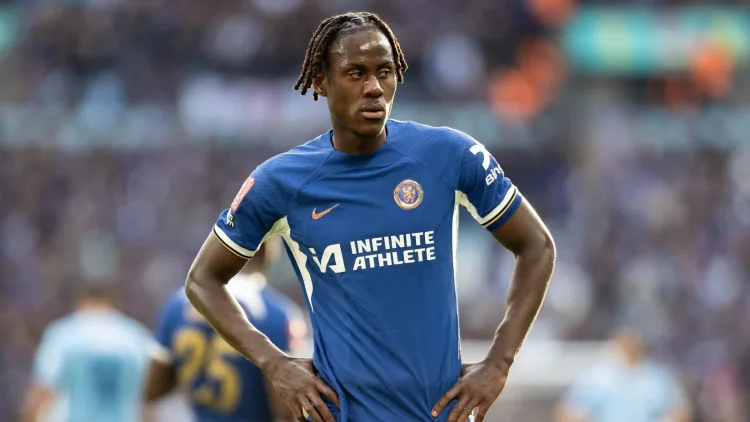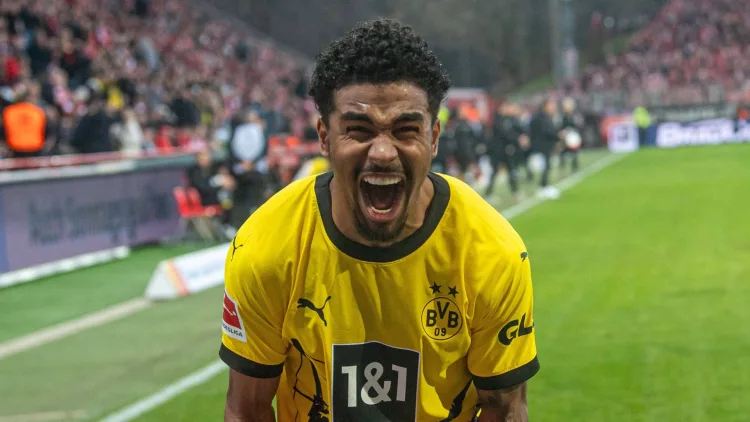-
News
- 6 hours ago
Hypocritical Chelsea embody the woes of modern football

Trevoh Chalobah signed a new long-term contract at Chelsea in November 2022. Less than two years later, he’s not been included in their pre-season tour of the USA in a bid to force him out of the club.
Upon confirmation of his new deal with the Blues 20 months ago, Todd Boehly and Behdad Eghbali said: “We’re delighted that Trevoh will be extending his stay with Chelsea. He has been with us since childhood and has grown into an exceptional young player.
“He’s an important part of our men’s first team squad and we’re excited to see what’s next for Trevoh at Chelsea.”
READ MORE: Premier League summer transfers 2024 - All the Done Deals
Despite this vote of confidence, Chelsea now want to force Chalobah to leave his boyhood club.
Things like this happen surprisingly often in football. But this is an exception.
Chelsea are simply a better football team with Chalobah in the starting XI and that has been a fact since his debut under Thomas Tuchel.
CONFIRMED: Chelsea may struggle to sell Chalobah despite tour omission
Last year, Chelsea’s Premier League win percentage was 70% with Chalobah in the starting XI and 35.7% without him. Furthermore, their only loss in the final 15 league games of the season was the humiliating 5-0 defeat to Arsenal - a match Chalobah didn’t start. That isn’t a coincidence.
Yet, the Premier League’s new Profit and Sustainability Rules actively encourage clubs to sell their academy products.
Chelsea, with their shiny new toy syndrome under Clearlake Capital’s reign, have used this as an opportunity to dismantle their world-class academy in favour of signing relatively unproven talents from across the globe.

Ian Maatsen and Lewis Hall have already left this summer, while Conor Gallagher, Armando Broja and Chalobah could follow suit.
They are even on the verge of losing 15-year-old Rio Ngumoha to Liverpool - a player who has frequently been compared to Jamal Musiala due to his immense potential.
Chalobah has 80 first-team appearances for Chelsea, he joined the club at the age of nine, has shown the leadership qualities necessary in a young dressing room, and yet the club want to force him out.
His impending exit stems from Chelsea’s elaborate desire for new signings and their need to offload current stars to balance the books.
€163.4 million has been spent on French trio Wesley Fofana, Benoit Badiashile and Axel Disasi, while Tosin Adarabioyo has joined on a free transfer from Fulham.
Chalobah is set to lose out as a result, with Levi Colwill and the aforementioned four centre-backs evidently deemed more valuable.
Simply selling Chalobah wouldn’t be a crime, but Chelsea attempting to force out a model professional, who evidently loves the club, simply because he will generate pure profit doesn’t sit right.
It also sets a precedent for every single player in Chelsea’s academy; even if you perform well in the senior team, you are unlikely to remain at the club for a prolonged period of time.
Chelsea embody modern football’s woes
In 2014, Nike released arguably the most famous football advert in history. A decade later, the clones depicted in ‘Risk Everything’ aren’t a far cry from modern football’s current state.
With VAR, an insanely congested fixture schedule, a lack of individual flair in the senior game and an immense turnover of players for profit purposes, football is losing its emotion.
Chelsea’s transfer policy embodies this.
Emotion simply isn’t taken into account and the Blues are seemingly viewing young players as profit-makers rather than footballers.

Ultimately, the fact that selling academy players is actively encouraged by the Premier League’s PSR is inherently wrong and must be changed.
Clubs should be pushed to use their academy in a productive manner by integrating youth products on a consistent basis. Instead, they are being sold in order to generate funds for new signings.
Chelsea are simply exploiting a loophole and their owners can be praised for consistently finding ways to derestrict their budget and continue spending lavishly. It’s clever. But it also shouldn’t happen.
The Blues’ new sell-to-buy transfer policy is worrying and modern football could be heading towards a dark place if every club starts copying this strategy.





















